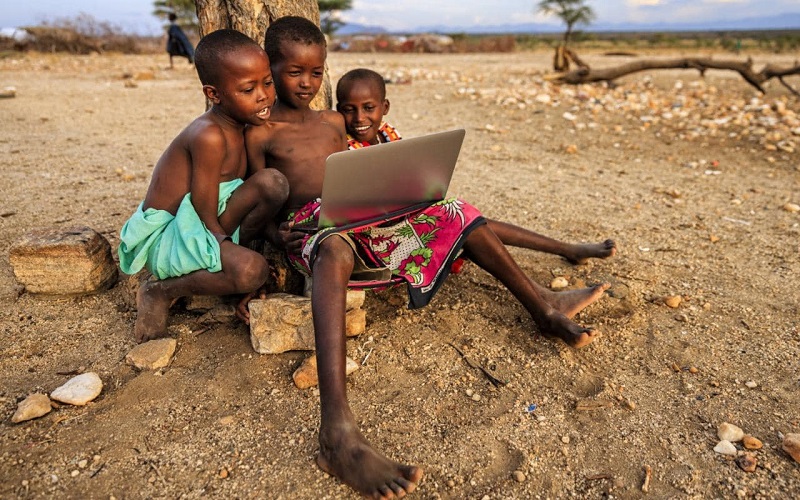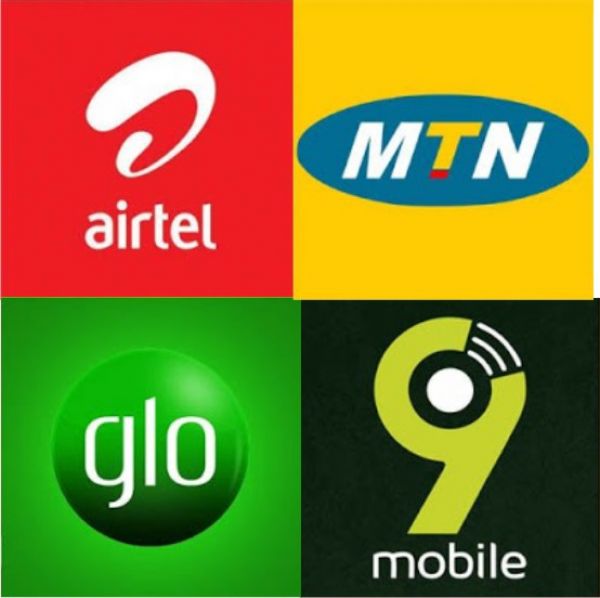Telecom operators, MTN and the Emerging Markets Telecommunication Service Limited (EMTS) have been granted approval by the Nigerian Communications Commission (NCC) to test National Roaming Services for three months ending October 31, 2020.
In an official statement released by the NCC, it was revealed that the two mobile network operators (MNOs) had commenced trials on August 1, 2020.
Executive Vice Chairman of the NCC, Umar Garba Danbatta disclosed that the principal objective of the National Roaming Service trial is to promote network resource sharing among mobile operators.
The successful implementation of the trial will enable EMTS subscribers to access MTN network service within the National Roaming trial geographical area without the need for an MTN Subscriber Identification Module (SIM) card.
Umar Garba Danbatta, Executive Vice Chairman/CEO NCC
EMTS, trading as 9mobile in Nigeria, and telco giant MTN had been given the go-ahead to undertake network roaming testing and model their network configuration for optimum customer experience.
The NCC approval allows for the trials to be conducted in selected local government areas of the National Roaming geographic area in Ondo State. The tests in the state will provide a model to expand mobile network coverage to rural communities across the country.
What is Roaming?
Roaming involves connecting to a different network or mobile carrier when a subscriber’s network is not available at a specified location. It is mostly associated with mobile users switching networks after travelling out of their home country.


Suggested read: 4 Factors NCC Should Consider when Deciding New International Call Termination Price
Roaming can be used to access coverage required to make calls, send/receive texts as well as obtain mobile data to browse the internet.
When a subscriber wants to retain the same mobile number in a location where the network isn’t present, such user can “roam” on any other accessible network in that location instead of opting for another provider to use voice, SMS and data services.
Wider Network Coverage for Rural Communities
MTN possesses the widest network coverage in Nigeria, catering to over 80 million subscribers across the country. Also, 9mobile offers communication services to more than 12 million subscribers.
However, a large percentage of rural areas have insufficient or no mobile network coverage and internet access as Nigeria’s broadband penetration is still only 42%.


According to the World Bank, rural population in the country was about 49% (100 million) in 2019. In essence, almost half of Nigeria’s population live in remote areas with limited internet access.
In the long run, the ongoing National Roaming Trial will serve to facilitate increased scope of network as well as broadband in these unserved and underserved areas.
As of now, 9mobile subscribers will be able to connect to the MTN network within the designated roaming areas in Ondo state. This is very helpful for rural dwellers because they do not have to purchase an MTN sim to use its mobile services.
Increased Economic Activity
In Nigeria, there are many instances where national roaming will give rise to increased economic activities in rural communities. For one, most Corps members are posted to remote areas for their National Youth Service Corps (NYSC).
A Corp member’s mobile carrier may possess no network coverage in such interior locations. Roaming will grant the subscriber full access to voice and data services while still using the same sim card but on a different network.
This will encourage more Corp members to stay back in their host communities and subsequently boost economic projects including farming, digital operations and construction.
Other people who are able to fully work online may also consider relocating to the quieter countryside, knowing fully well that they will still be able to access reliable internet services via roaming.
Factors such as the lower cost of living, reduced network congestion and absence of vehicle traffic are added incentives.
Reduced Capital Expenditure for Telcos
Roaming effectively means that mobile network operators will not always incur the additional costs of installing telecom masts or laying internet fibre optic cables in their bid to expand network coverage.


Suggested read: Telecom Operators Apologise for Prolonged Service Outage Amid #EndSARS Unrest
The Minister of Communications and Digital Economy, Isa Ali Pantami recently disclosed that according to the Association of Telecommunication Companies of Nigeria, the telecom sector in the country expends up to N2.16 billion in capital flight annually.
In areas where roaming is made available across the country, shared networks mean that telcos will save a percentage of these operational costs and capital expenses which can then be leveraged to improve the quality of service provided to subscribers.






